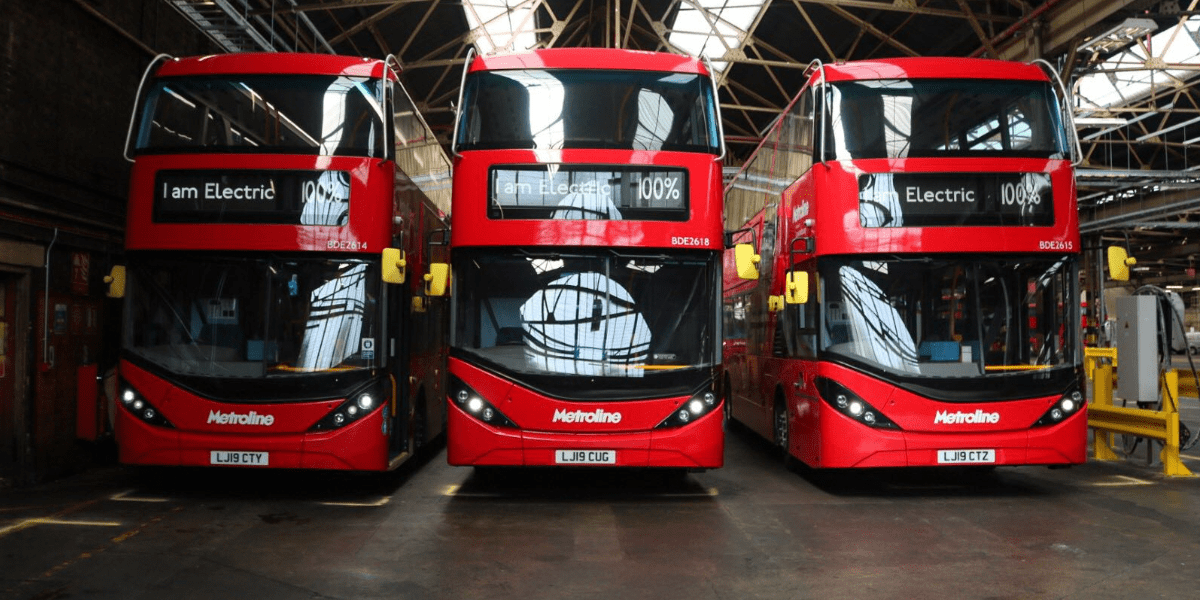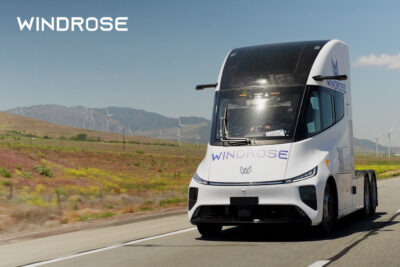UK gov’ pledges £3Bn in full bus market “shake-up”
The British government today issued a major new bus strategy with a framework for “enhanced local partnerships” and a pledge to invest £3Bn (about €3.5Bn). The three-billion-pound package includes investments in 4,000 greener buses powered by electricity and hydrogen.
Prime Minister Boris Johnson unveiled what he considers “the most ambitious shake-up of the bus sector in a generation” today. In more concrete terms, there is funding for 4,000 battery and fuel cell electric buses with one requirement: build in Britain.
This is in line with the declared goals of “safeguarding the UK bus manufacturing industry”. The government wants to end sales of new diesel buses and launch a consultation today.
The funding is to help cities and regions across the country, decarbonise public transport and recover services. The Financial Times quotes findings from The Campaign for Better Transport that stated 3,000 bus services had been cut over the past decade because of a 40 per cent cut in local authority bus funding. The union Unite, which represents 70,000 bus workers, told the FT, the strategy was an acknowledgement that the 1980s deregulation of buses under Margaret Thatcher’s Tory government was a “complete failure”.
As former Mayor of London, Johnson compared the programme to what they did at TFL in the capital. “Just as they did in London, our reforms will make buses the transport of choice, reducing the number of car journeys and improving quality of life for millions,” Johnson said. Changes along a London-like service include simpler fares and more routes. They envision daily price caps (which London buses yet need) and integrated services. People could then use the bus as many times a day as they need without facing mounting costs and also change from trains.
At the same time, the programme specifically wants to reach beyond the capital. “The fragmented, fully commercialised market, which has operated outside London since 1986, will end,” states the government. They instead expect operators and local councils to enter into “enhanced partnerships” where the authorities will work closely with bus companies. Franchising is also an option.
Transport Secretary Grant Shapps said the new deal would provide “unprecedented funding, but we need councils to work closely with operators, and the government, to develop the services of the future.”
Funding will, in fact, depend on it. Bus operators have already received significant emergency support from the government. According to the government, any new sources of funding from the £3 billion transformational investment will have to adhere to the arrangements outlined above. They also announced another consultation to reform the Bus Service Operators Grant – the current mainstream of government bus funding – to achieve the same objectives later this year.
For the 4,000 zero-emission buses to be made in Britain, partners have yet to come forward. The ADL-BYD partnership would be an obvious choice as their line-up includes both battery and fuel-cell electric buses and has found favour with councils. They also recently announced to begin building the entire chassis of their electric solo and double-decker buses for the UK market directly at ADL’s British plants from the second half of 2021. Besides, Northern-Irish competitor Wrightbus recently recovered from near bankruptcy and offers electric, and hydrogen buses with Voith drive as reported.
The UK operates a policy of becoming carbon-neutral by 2050.





0 Comments